
Navigating the World of Fuel Purity: An In-Depth Look at Gasoline Filtration
In the intricate landscape of modern machinery and vehicle performance, the purity of fuel is not merely a preference but a critical necessity. Contaminants in gasoline, whether particulate matter, water, or microbial growth, can lead to significant operational inefficiencies, premature wear and tear on sensitive engine components, and ultimately, costly breakdowns. This comprehensive guide delves into the essential role of the gasoline filter funnel and related filtration technologies, offering insights into industry trends, technical specifications, application advantages, and the meticulous processes that ensure optimal fuel quality.
Industry Trends and the Evolving Demand for Enhanced Filtration
The global energy sector is constantly evolving, driven by stricter environmental regulations, advancements in engine technology (e.g., direct injection, higher compression ratios), and the push for greater fuel efficiency. These factors collectively amplify the importance of superior fuel filtration. The trend points towards finer filtration requirements, enhanced material durability, and designs that minimize pressure drop while maximizing contaminant holding capacity. As engine tolerances become tighter, even microscopic impurities can cause significant damage, leading to an increased demand for highly efficient solutions like the gasoline filter screen.
According to a report by MarketsandMarkets, the global fuel filter market size is projected to grow from USD 2.6 billion in 2022 to USD 3.4 billion by 2027, at a CAGR of 5.6%. This growth is primarily attributed to rising vehicle production, stringent emission norms, and the increasing adoption of advanced fuel injection systems. The aftermarket segment, including replacement filters like the gasoline strainer, also contributes significantly as users seek to maintain their equipment's longevity and performance.
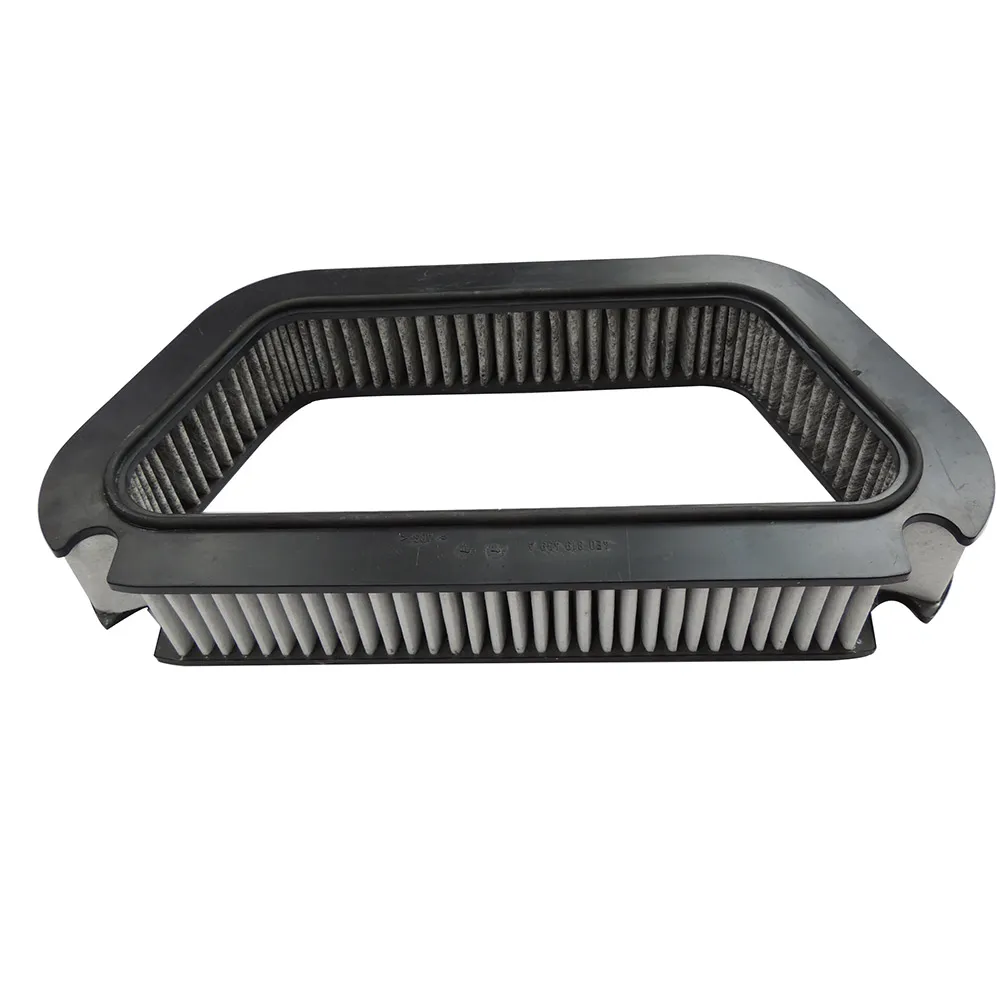
Technical Parameters and Performance Metrics of Gasoline Filters
A gasoline filter, at its core, is a device designed to remove impurities from fuel before it reaches the engine's combustion chamber. Its effectiveness is measured by several key technical parameters:
- Micron Rating (Filtration Accuracy): This specifies the smallest particle size (in microns) that the filter can capture with a certain efficiency. For gasoline, common ratings range from 10 to 30 microns, though high-performance or sensitive applications might require even finer filtration (e.g., 2-5 microns).
- Flow Rate: Measured in liters per hour (LPH) or gallons per hour (GPH), this indicates the volume of fuel the filter can process per unit of time without excessive pressure drop. It must match or exceed the engine's fuel consumption rate.
- Pressure Drop: The difference in pressure between the filter's inlet and outlet. A lower pressure drop indicates less restriction to fuel flow, which is crucial for maintaining engine performance and fuel pump longevity.
- Contaminant Holding Capacity: The amount of particulate matter the filter can hold before it becomes clogged and requires replacement. A higher capacity means a longer service life.
- Material Compatibility: Filters must be constructed from materials resistant to gasoline, ethanol blends (E10, E85), and other fuel additives, preventing degradation and leaching. Common materials include various polymers, stainless steel, and specialized filter media.
- Operating Temperature and Pressure: The range of temperatures and pressures under which the filter can operate safely and effectively.
Typical Gasoline Filter Funnel Specifications Table
Below is a generalized table showcasing typical specifications for a high-quality gasoline filter funnel or in-line filter, demonstrating the precision involved in its engineering:
| Parameter | Typical Range/Value | Unit | Remarks |
|---|---|---|---|
| Filtration Accuracy | 5 - 15 | Microns | Efficiency > 98% for specified particle size |
| Nominal Flow Rate | 100 - 300 | Liters/Hour | Varies significantly based on application |
| Maximum Operating Pressure | 5 - 10 | Bar (72 - 145 psi) | Dependent on housing material and design |
| Burst Pressure | 20 - 30 | Bar (290 - 435 psi) | Safety margin against overpressure |
| Operating Temperature Range | -30 to +80 | °C | Suitable for most climates and engine bay conditions |
| Filter Media Material | Cellulose, Synthetic Microfiber, Stainless Steel Mesh | - | Selected for specific filtration needs and durability |
| Housing Material | Nylon, Aluminum, Stainless Steel | - | Chemical resistance and structural integrity |
| Connection Type | Barbed, Threaded, Quick-Connect | - | Ensures secure and leak-proof installation |
| Service Life (Typical) | 15,000 - 30,000 | Miles/Km | Highly dependent on fuel quality and driving conditions |
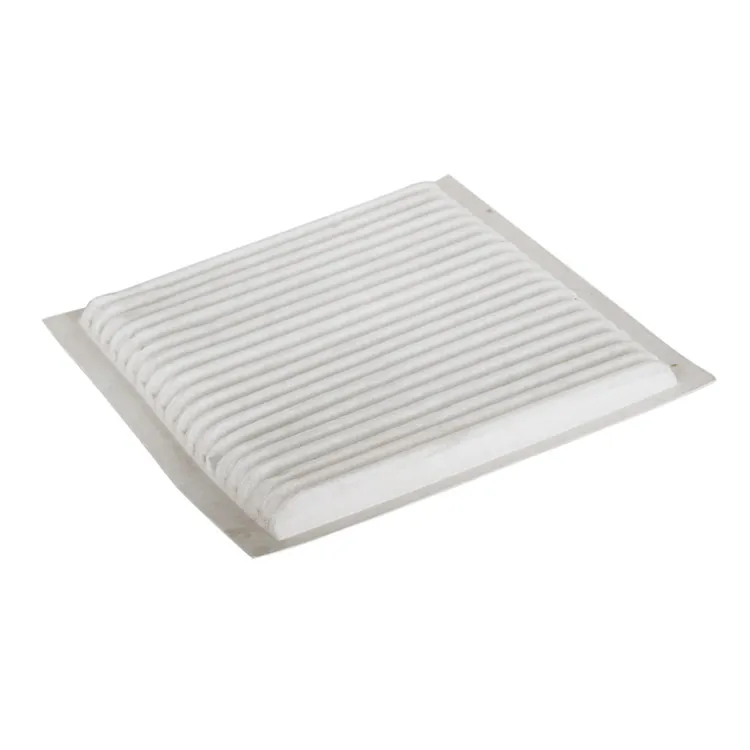
Application Scenarios Across Diverse Industries
The utility of a robust gasoline strainer extends far beyond passenger vehicles. Its critical role in protecting fuel systems is recognized across a multitude of sectors:
- Automotive Industry: From compact cars to heavy-duty trucks, motorcycles, and off-road vehicles, gasoline filters are standard equipment, safeguarding fuel injectors, carburetors, and fuel pumps. They are essential for optimal engine performance and longevity.
- Marine Applications: Boats and marine engines operate in challenging environments where water ingress into fuel tanks is a common issue. Specialized fuel filters with water-separating capabilities are crucial here to prevent engine damage and ensure reliable operation at sea.
- Power Generation: Portable generators, backup power systems, and larger industrial generators often run on gasoline. Effective filtration ensures consistent power output and prevents downtime due to fuel contamination.
- Agricultural Machinery: Tractors, harvesters, and other farm equipment require durable fuel filters that can withstand harsh operating conditions, including dust, debris, and varying fuel quality, ensuring uninterrupted operations during critical seasons.
- Construction Equipment: Excavators, loaders, and compactors rely on clean fuel for their demanding operations. Filters prevent the ingress of construction site debris into fuel lines, maintaining machinery uptime.
- Small Engines: Lawn mowers, chainsaws, leaf blowers, and other small outdoor power equipment benefit immensely from proper fuel filtration, extending their service life and preventing common starting issues.
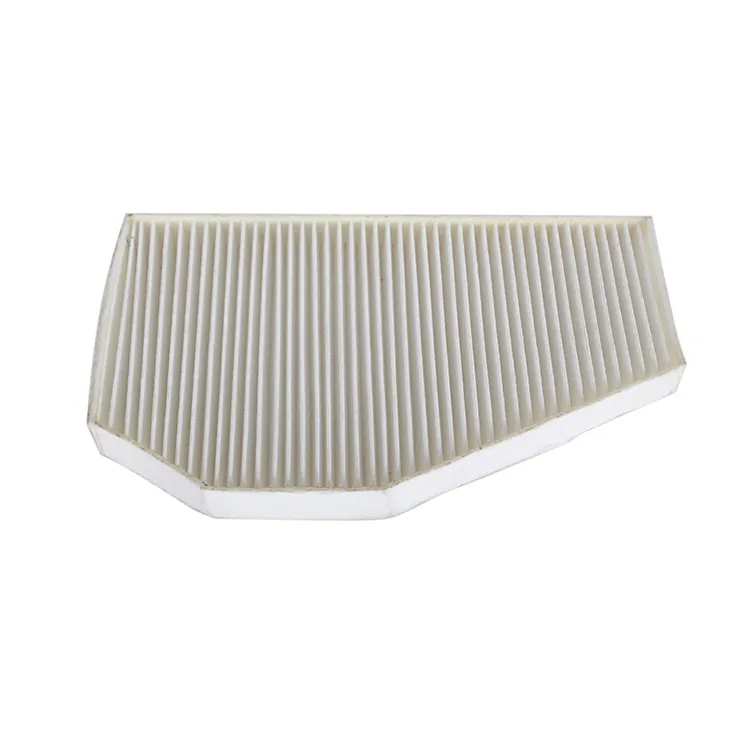
Technical Advantages: Why Quality Filtration Matters
Investing in a high-quality gasoline filter offers a multitude of advantages that translate directly into operational efficiency and cost savings:
- Enhanced Engine Protection: By removing abrasive particles, rust, and debris, filters prevent wear on precision components like fuel injectors, carburetors, and fuel pumps, significantly extending their lifespan.
- Improved Fuel Efficiency: Clean fuel allows for more efficient combustion, leading to better mileage and reduced fuel consumption. Clogged injectors spray fuel inefficiently, leading to higher fuel bills.
- Reduced Emissions: Optimal combustion due to clean fuel also contributes to lower harmful emissions, aligning with environmental regulations.
- Prevention of Downtime: By safeguarding the fuel system, filters drastically reduce the likelihood of engine misfires, stalling, or complete breakdowns, ensuring continuous operation. This is particularly crucial for industrial and commercial applications where downtime is expensive.
- Corrosion Prevention: Water in gasoline can lead to rust in the fuel tank and lines. Filters designed with water-separating capabilities mitigate this risk, protecting the entire fuel delivery system.
- Longevity of Fuel System Components: The cost of replacing fuel pumps or injectors can be substantial. A relatively low gas filter cost for regular filter replacement is a small price to pay for protecting these vital components.
The Meticulous Manufacturing Process of a Gasoline Filter
The creation of a reliable gasoline filter funnel or in-line filter involves a multi-stage, precision-engineered process designed to ensure product integrity and performance. Here's a detailed overview, often incorporating advanced manufacturing techniques:
1. Material Selection and Preparation: The foundation of a high-performance filter lies in its materials.
- Housing Materials: Typically high-strength engineering plastics (like Nylon 66, PPS) or corrosion-resistant metals (aluminum, stainless steel). These materials are chosen for their resistance to gasoline, ethanol, and various additives, as well as their mechanical strength to withstand operating pressures and vibrations.
- Filter Media: Synthetic microfibers, cellulose, or stainless steel mesh. Synthetic media offers superior filtration efficiency and water separation capabilities, while stainless steel mesh provides robustness for specific applications.
- Sealing Materials: Viton, NBR, or specialized fluorocarbon elastomers are selected for O-rings and gaskets, ensuring a tight, leak-proof seal under various temperatures and fuel chemistries.
2. Component Manufacturing (Casting, Molding, CNC Machining):
- Housing Production:
- Injection Molding (for Plastic Housings): Plastic granules are melted and injected into precision molds under high pressure. This process is highly automated and allows for complex geometries, integrated features (like mounting points, inlet/outlet ports), and excellent dimensional consistency. Post-molding, parts may undergo annealing for stress relief.
- Die Casting/Forging (for Metal Housings): Aluminum or other alloys are used for metal housings. Die casting offers high volume production with good surface finish, while forging provides superior mechanical properties and strength, suitable for high-pressure applications.
- Filter Media Fabrication: The chosen media (e.g., synthetic non-wovens) is pleated or wound to maximize surface area within a compact volume. Pleating ensures a longer service life by allowing more dirt-holding capacity.
- End Cap and Internal Component Production: These components, often made from plastic or metal, are manufactured using injection molding or CNC machining to precise tolerances, ensuring a snug fit and proper sealing within the housing. CNC machining is particularly crucial for creating threaded connections and precision bores for flow control.
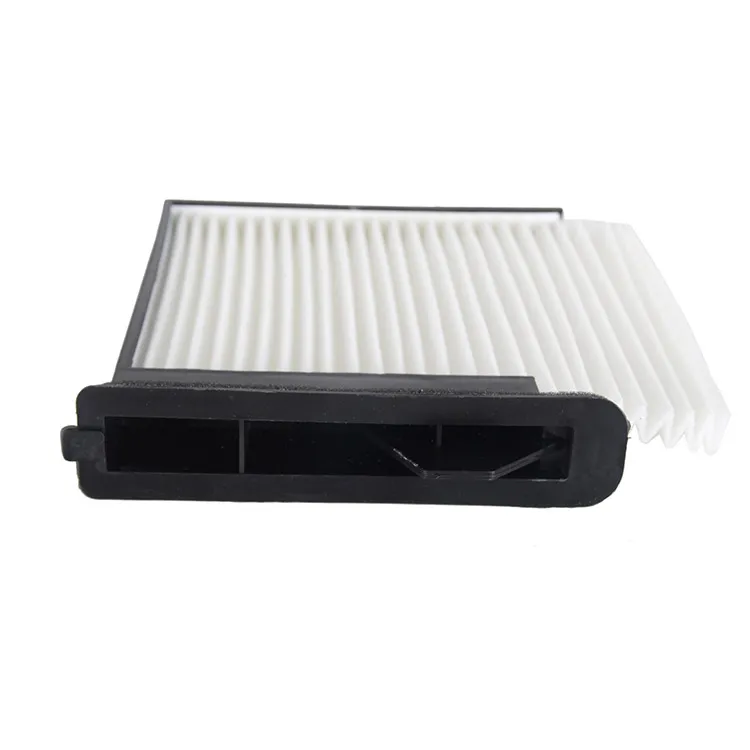
3. Assembly and Sealing:
This stage involves the careful integration of all manufactured components.
The filter media, with its end caps, is inserted into one half of the housing. Sealing rings (O-rings, gaskets) are meticulously placed. The two halves of the housing are then joined, often using ultrasonic welding (for plastics), heat staking, or crimping (for metals). This step is critical for ensuring a leak-proof assembly that can withstand operational pressures without bypass or leakage. Automated assembly lines often employ vision systems to verify component placement and seal integrity.
4. Quality Control and Testing: Rigorous testing is paramount to ensure the final product meets or exceeds performance standards.
- Leakage Testing: Each filter undergoes pressure decay or bubble point testing to confirm it is leak-free. This involves pressurizing the filter with air or a test fluid and monitoring for pressure drops or visible bubbles.
- Flow Rate Testing: Filters are tested to ensure they achieve the specified flow rate with minimal pressure drop, simulating real-world operating conditions.
- Filtration Efficiency Testing: Samples from production batches are tested using standardized test dust (e.g., ISO 12103 A1 test dust) to verify the micron rating and overall filtration efficiency (e.g., ISO 16889 for hydraulic filters, adapted for fuel).
- Burst Pressure Testing: Filters are subjected to pressures far exceeding their maximum operating pressure to confirm their structural integrity and safety margins.
- Vibration and Environmental Testing: Filters may undergo vibration testing, thermal cycling, and humidity exposure to simulate harsh operating environments and ensure long-term durability.
- Dimensional Inspection: Regular checks using calipers, micrometers, and CMMs (Coordinate Measuring Machines) ensure all critical dimensions adhere to specifications.
Use of Visual Aids: While I cannot directly embed an interactive diagram or video, imagine a concise visual representation here, perhaps titled "Gasoline Filter Manufacturing Workflow," showing arrows connecting: "Material Selection" → "Component Molding/Machining" → "Filter Media Pleating" → "Assembly & Welding" → "Leak & Performance Testing" → "Final Inspection & Packaging."
The lifespan of a gasoline filter screen is typically 15,000 to 30,000 miles, but this can vary significantly based on fuel quality, operating conditions, and the specific application. Regular replacement is key to maintaining peak performance and avoiding higher gas filter cost in repairs.
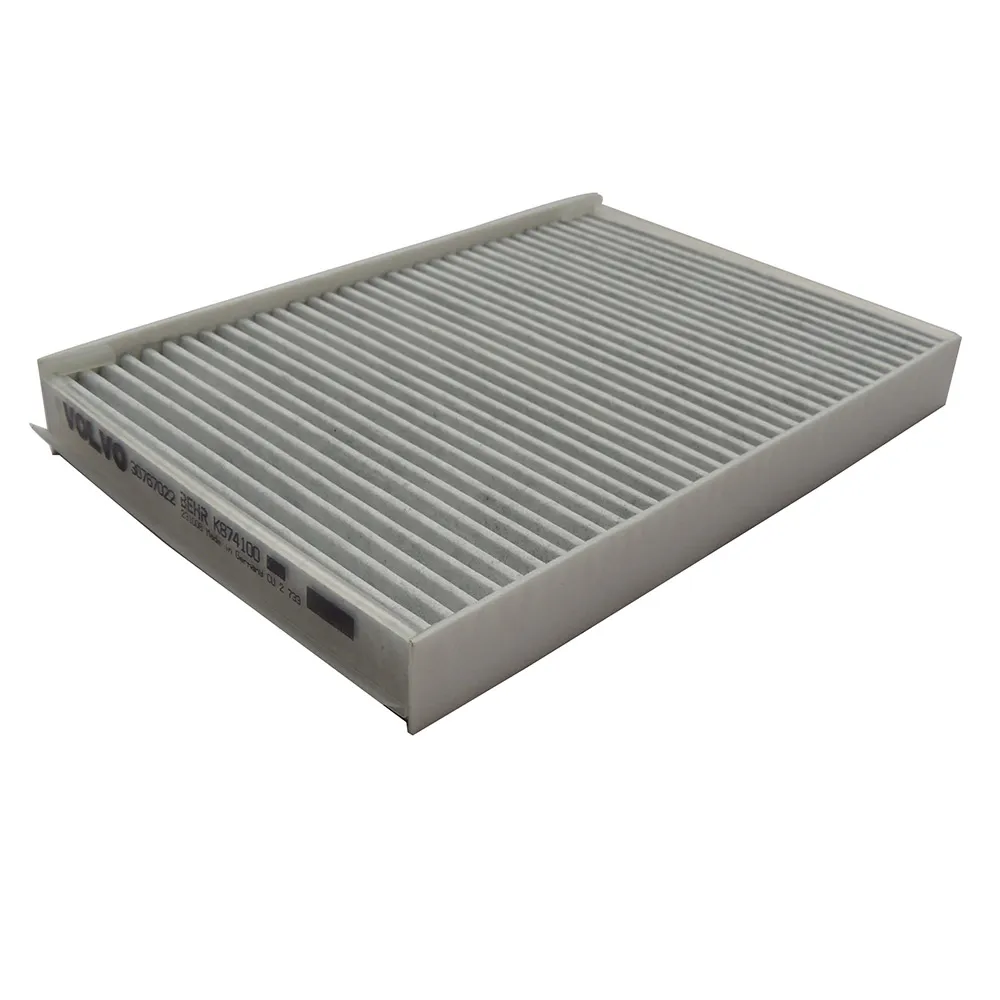
Manufacturer Comparison and Selection Criteria
Choosing the right manufacturer for gasoline filters is paramount. While direct comparisons of specific brands are beyond the scope, here are crucial criteria to evaluate any potential supplier:
- Certifications & Quality Management: Look for ISO 9001, IATF 16949 (for automotive sector), or other relevant industry certifications. These indicate a commitment to consistent quality and continuous improvement. Our commitment to quality is underscored by our adherence to international manufacturing standards, ensuring every product meets rigorous performance benchmarks.
- Experience and Reputation: A manufacturer with a long history (e.g., 20+ years in the filtration industry) often signifies deep expertise and a proven track record. Check for client testimonials, case studies, and industry partnerships. We pride ourselves on decades of experience in the filtration industry, having served a diverse global clientele.
- Research and Development (R&D): A forward-thinking manufacturer invests in R&D to innovate new materials, designs, and manufacturing processes, ensuring their products keep pace with evolving engine technologies and fuel types.
- Customization Capabilities: The ability to provide bespoke filtration solutions for unique applications (e.g., specific flow rates, housing dimensions, or media types) is a significant advantage.
- Technical Support and After-Sales Service: Responsive customer service, technical assistance, and a clear warranty policy are indicators of a reliable partner.
- Global Reach and Supply Chain: For large-scale needs, a manufacturer with a robust global supply chain can ensure timely delivery and consistent product availability.
Customization Solutions for Diverse Needs
Recognizing that a one-size-fits-all approach is rarely optimal in industrial applications, reputable manufacturers offer extensive customization options for the gasoline filter funnel and related filtration products. This includes:
- Tailored Micron Ratings: Adjusting the filter media to achieve specific filtration accuracies, from coarse pre-filtration to ultra-fine final filtration.
- Varied Flow Rates and Pressure Capabilities: Designing filters to accommodate specific engine fuel consumption rates or system pressure requirements.
- Material Selection: Choosing specific housing materials (e.g., stainless steel for corrosive environments, high-strength plastics for weight reduction) and filter media for compatibility with unique fuel types or additives.
- Connection Types and Dimensions: Customizing inlet/outlet port sizes, thread types, and overall filter dimensions to integrate seamlessly into existing fuel lines or engine compartments.
- Integrated Features: Adding sensors for pressure differential monitoring, water-in-fuel detection, or integrated bypass valves.
- Private Labeling/Branding: Offering options for branding filters with client logos and specific part numbers.
Our engineering team works closely with clients to understand their precise requirements, leveraging advanced CAD/CAM tools and simulation software to design and prototype custom filtration solutions that optimize performance and cost-efficiency.
Application Cases and Success Stories
The impact of effective gasoline filtration is best illustrated through real-world applications:
- Heavy Equipment Fleet: A large construction company faced persistent issues with fuel injector fouling and premature fuel pump failures in their excavator fleet, leading to significant maintenance costs and operational delays. After implementing high-efficiency gasoline filter screen units with advanced water-separating capabilities, they reported a 60% reduction in fuel system-related breakdowns over two years, resulting in millions of dollars in savings on repairs and improved uptime.
- Marine Transport Vessel: A commercial fishing vessel operating in challenging coastal waters frequently experienced engine sputtering due to water and algae contamination in its fuel tanks. Switching to a specialized gasoline strainer designed for marine environments, featuring multi-stage filtration and a transparent collection bowl for water, virtually eliminated these issues. The vessel now enjoys reliable engine performance and significantly reduced maintenance intervals for its fuel system.
- Automotive OEM Partnership: A leading automotive manufacturer integrated a custom-designed, compact gasoline filter funnel into their new generation of high-performance engines. This particular filter was engineered for extremely low pressure drop and high contaminant capacity, allowing the engine to meet stringent emissions standards while delivering peak power. This partnership exemplifies how precise filtration can enable advanced engine design.
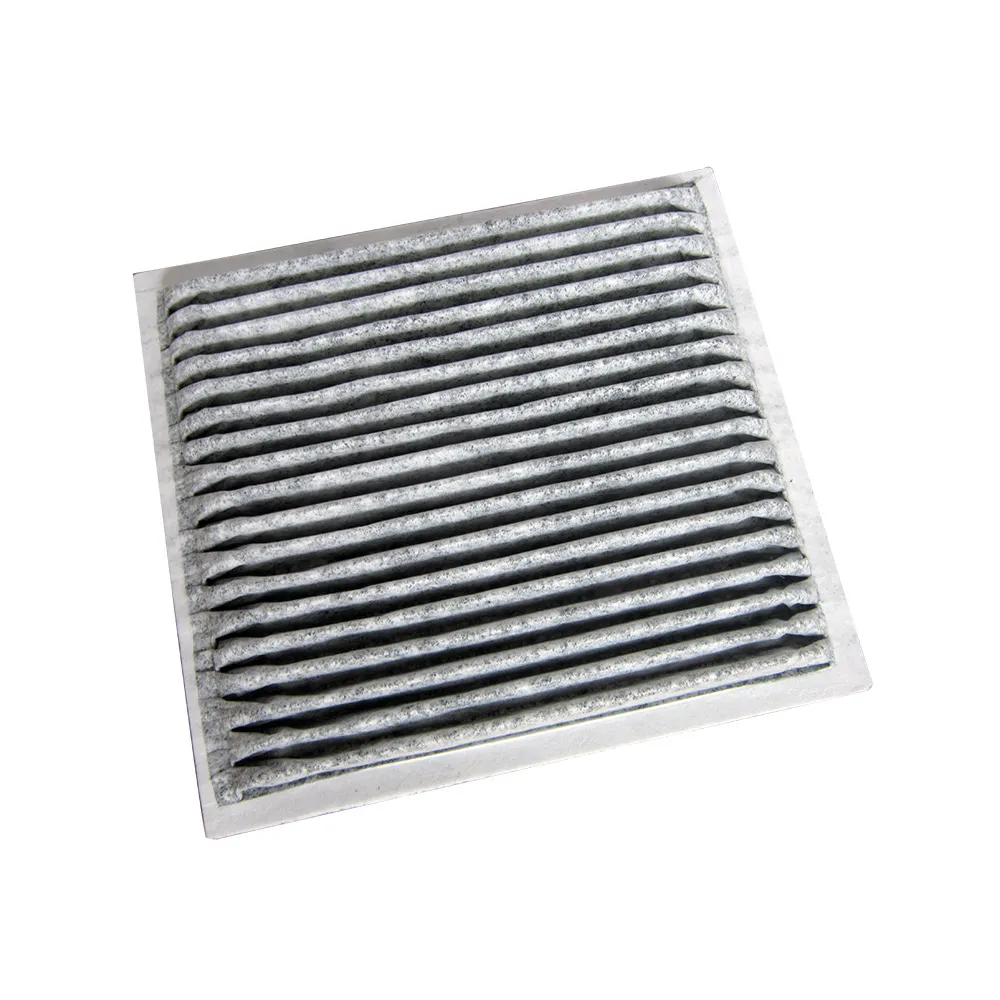
Trustworthiness and Customer Support
At JYFilter, trustworthiness is built on transparency, reliability, and unwavering support. We are committed to providing not just high-quality products but also a superior customer experience.
- FAQ Module: We provide extensive FAQs covering common questions about product selection, installation, maintenance, and troubleshooting for our Gasoline Filter.
- Delivery Cycle: Our standard delivery cycle for in-stock items is typically 3-5 business days domestically and 7-14 business days internationally. For custom orders, a detailed production and delivery schedule is provided upon order confirmation, generally ranging from 4-8 weeks depending on complexity.
- Quality Assurance and Warranty: All our Gasoline Filters undergo rigorous testing and inspection to ensure they meet our exacting quality standards. We offer a comprehensive 12-month warranty against manufacturing defects from the date of purchase, reflecting our confidence in product durability and performance.
- Customer Support: Our dedicated technical support team is available via phone, email, and online chat to assist with product inquiries, technical specifications, installation guidance, and any post-sales support you may require. We aim to respond to all queries within 24 hours.
- Service History: With over two decades of dedicated service in the industrial filtration sector, JYFilter has cultivated deep expertise and a reputation for excellence. Our long-standing relationships with leading petrochemical companies, heavy machinery manufacturers, and automotive suppliers underscore our reliability and commitment.
Professional FAQ on Gasoline Filters
- What is the primary function of a gasoline filter funnel?
The primary function of a gasoline filter funnel (or more broadly, a gasoline filter) is to remove impurities such as dirt, rust, debris, and water from the fuel before it reaches the engine's sensitive components like fuel injectors, carburetors, and fuel pumps. This prevents damage and ensures optimal engine performance. - How often should a gasoline strainer be replaced?
The replacement interval for a gasoline strainer (gasoline filter) varies depending on the vehicle manufacturer's recommendations, fuel quality, and operating conditions. Generally, it's recommended every 15,000 to 30,000 miles or every 1 to 2 years, but always refer to your equipment's service manual. - What are typical filter media materials used in gasoline filters?
Common filter media materials include cellulose, synthetic microfibers (e.g., melt-blown polypropylene or composite materials), and stainless steel mesh. Synthetic media often provides higher filtration efficiency and better water separation, while stainless steel offers durability for specific applications. - What does "micron rating" mean for a gasoline filter?
Micron rating refers to the nominal or absolute size of particles, in micrometers (microns), that a filter is designed to capture. For gasoline filters, typical ratings are between 5 to 30 microns, meaning the filter can effectively capture particles of that size and larger, preventing them from reaching the engine. - How does a gasoline filter impact fuel efficiency and emissions?
A clean gasoline filter ensures a steady flow of clean fuel to the engine, allowing for optimal fuel atomization and complete combustion. This leads to improved fuel efficiency (better mileage) and reduced harmful emissions, as incomplete combustion, often caused by clogged injectors from dirty fuel, generates more pollutants. - What is the typical gas filter cost for replacement, and is it worth it?
The gas filter cost for a replacement filter is relatively low, typically ranging from $10 to $50, depending on the vehicle or equipment type and filter complexity. This cost is minimal compared to the potential repair expenses for damaged fuel pumps ($200-$1000+) or fuel injectors ($100-$500+ each), making regular replacement a highly cost-effective preventative maintenance measure. - Can a clogged gasoline filter cause engine problems?
Yes, a clogged gasoline filter can severely restrict fuel flow to the engine, leading to various problems such as reduced engine power, hesitation or sputtering during acceleration, difficulty starting, rough idling, engine misfires, and eventually, complete engine stalling or damage to the fuel pump due to overwork.
In conclusion, the sophisticated engineering behind a product like the gasoline filter funnel is a testament to the ongoing innovation in ensuring fuel purity and system longevity. From meticulous material selection to advanced manufacturing processes and stringent quality control, every step is designed to deliver reliability and performance. As industries continue to demand higher efficiency and lower environmental impact, the role of advanced fuel filtration becomes increasingly critical, underscoring its value as a fundamental component in safeguarding the future of mechanical power.
References and Further Reading:
- SAE International Journal of Fuels and Lubricants - Providing research and technical papers on fuel quality and engine performance.
- ISO 16889:2008 - Hydraulic fluid power -- Filters -- Multi-pass method for evaluating filtration performance of a filter element - While specific to hydraulic filters, the underlying principles of efficiency testing are often adapted for fuel filters.
- MarketsandMarkets: Fuel Filter Market Global Forecast to 2027 - An industry report offering insights into market trends and growth drivers.
-
The Hidden Benefits of Proper Cabin Filter Use in Your VehicleNewsJul.31,2025
-
Replacing Your Gasoline Filter at HomeNewsJul.31,2025
-
How Often Should You Replace Your Car Air Cabin Filter?NewsJul.31,2025
-
How Much Does a Car Air Filter Cost?NewsJul.31,2025
-
Car Fuel Filter Price GuideNewsJul.31,2025
-
Best Car Air Purifiers for Allergy SufferersNewsJul.31,2025
-
Vehicle Performance with Premium Car Filter SolutionsNewsJul.02,2025
Related Products




